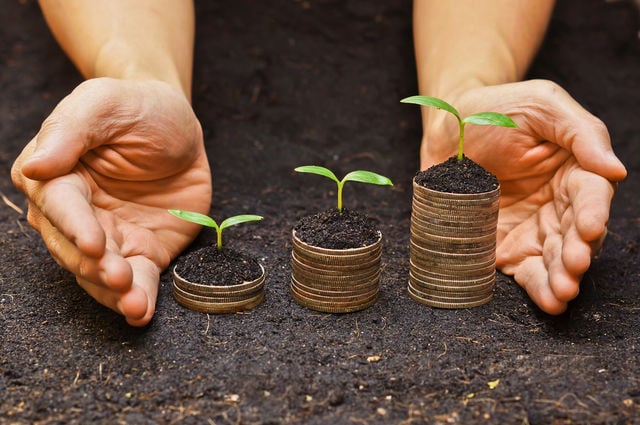Driving Resiliency and Sustainability in Hospitality: Five Priorities for 2021
23 experts shared their view
Recovery, resilience, recalibration, or bouncing back are a few examples of keywords that are at the center of any discussion surrounding the hospitality industry's economic prospects this past year. However uncertain the economic future may be, major crises of earth systems are unabated to date. While similarities exist between resiliency and sustainability (i.e. both concepts refer to the state of a system or organization over time in response to instabilities), there are notable differences, and conflicts, in the two concepts (i.e. achieving short-term economic resiliency at the expense of socio-environmental wellbeing). Looking forward, all eyes are on resiliency (growth!) in hospitality but how do we decouple growth from impacts, most notably carbon emissions? How do we ensure that sustainability is a component of resiliency (or vice versa)? What are the five priorities the hospitality industry should set to tackle resiliency and sustainability at the same time in 2021?
Resiliency and sustainability are certainly top of mind and are absolutely achievable even during this unprecedented challenging moment.
1. I may begin by adding another "R" term here: Regeneration. We need to shift linear, extractive systems to models of circularity grounded in the concept of regenerating and restoring our broken relationship with the ecosystems we exist within. By focusing on a place of healing for our communities, teams, guests, and the planet, we can reopen with intention. If we integrate a focus on regeneration into all aspects of operations, then efforts to achieve both growth and harmony with our planet will continue to gain momentum.
2. Financial Sustainability is a key component to ensuring the longevity and success of initiatives. Contrary to the dominating narrative about environmental efforts, earth-friendly practices are not inherently more expensive and can in many cases lead to cost-savings. Reducing the number of products consumed, repurposing existing materials, recovering waste streams, and receiving income for materials rather than paying for disposal can all facilitate financially sustainable sustainability initiatives. With this in mind, we can take innovative and creative approaches to meet sustainability goals while remaining within budget.
3. Plastic-Free Reopening principles are especially relevant to consider at this moment as our understanding of COVID-19 develops and we build confidence and awareness of best practices for the safety of reusable and sustainable alternatives to single-use plastics. Single-use plastics are not necessarily the safest option even though we see roughly a 250-300% increase in consumption in the US alone. Tackling our plastic pollution crisis is an important gateway to further behavior change and actions here can serve as case studies for rolling out cost-effective, measurable, successful guest-facing initiatives overall.
4. Leadership in sustainability is absolutely central. Engaging your full team around the mission and intention of a program, sharing educational materials, and facilitating an open discussion on related topics empowers staff and employees to be advocates for the initiatives. This not only provides the first line of interaction and communication with guests on the subject, but also creates an opportunity for members of your team to step into leadership roles, proposing new ideas, navigating challenges as they arise, and ensuring long-term success. This leads to both personal and professional development as well as a transition to a higher industry standard.
5. Communication is often an often overlooked final component of sustainable practice that in many cases can create the greatest impact. Celebrate your success with your team, community, and guests. Inspire others to become agents of change in their own right and provide opportunities for contribution and collective growth. There is high and increasing consumer demand for social and environmental responsibility, so properly messaging and sharing your existing programs will deepen brand loyalty and increase your audience. 57% of adults want businesses to focus more on sustainable practice in 2021 (Sourcing Journal) and 60% of respondents under 30 want the focus of COVID-19 reopening strategies to prioritize addressing inequality and climate change (GlobeScan). Effective communication can engage broader audiences and hold the industry accountable long-term while also sharing best practices.
The 400+ businesses we have so far engaged in The Oceanic Standard program (map featured on our website) are living examples of the capacity for businesses to innovate and pioneer in setting a new industry standard around responsible consumption throughout this reopening period. There is much possibility!


